Pro-Housing Legislative Priorities 2025
Overview:
Across Massachusetts, the housing crisis continues to be a top concern for residents. Home prices and rents have surged in recent years, putting pressure on families, workers, and seniors struggling to find affordable places to live. Significant progress has been made over past legislative sessions with the enactment of the Affordable Homes Act and the MBTA Communities Act. The Affordable Homes Act commits $5.16 billion toward housing development and related initiatives, while the MBTA Communities Act streamlines zoning to encourage new growth and expedite the path to construction. These efforts mark historic steps forward, yet Massachusetts still faces a severe housing shortage that requires action.
Legislators have filed additional bills this session that help move Massachusetts forward in meeting the Commonwealth’s housing goals. These proposals seek to remove barriers that slow development, incentivize smart growth, and ensure that more residents can access stable housing. By promoting innovative housing solutions—such as allowing religious organizations to develop homes, modernizing financial incentives for municipalities, and setting production targets—these bills have the potential to reshape the state’s housing landscape. This document summarizes and reviews six of those bills.
Review:
S.1432 – An Act providing for pre-service training for members of local boards and commissions:
Amends multiple statutes (G.L. c. 40A, §12; G.L. c. 41, §81A; G.L. c. 17; G.L. c. 21A, §2; G.L. c. 40, §8C; G.L. c. 111, §26) to require mandatory training for members of conservation commissions, boards of health, planning boards, and zoning boards of appeal. Free training for local boards and commissions will be provided by state agencies such as the Department of Housing and Community Development, the Department of Public Health, and the Executive Office of Environmental Affairs.
Point: This bill aligns well with our “Planning for New Housing” publication aimed at educating planning board members on what to expect from new growth in their communities.
Encourages savings for homeownership through state-supported matched savings programs. Indirectly supports housing development by increasing financial stability for homebuyers.
S.962 – An Act to promote Yes In My Back Yard:
Allows multifamily housing by right under certain conditions: See § 1, ¶¶ 9-10.
Up to five units by right if connected to sewer systems.
Up to three units by right if on septic systems.
Eliminates minimum parking requirements. See § 2.
Removes minimum lot size requirements and streamlines approval processes. § 3, ¶ 15.
Introduces “Missing Middle Housing Subdivision” (MMHS) but limits zoning to residential use only (excluding mixed-use developments).
Any person proposing a MMHS may submit their plan to the local planning board. If compliant with HLC MMHS regulations, approval is strictly a ministerial act by the planning board. Failure by a planning board to approve within 21 days will be considered approval.
Mandates a “Greyfields” report to identify underutilized land for redevelopment.
Requires coordination between HLC, EEA, DOT, and MDFA, but lacks a deadline. See § 5.
Removes automatic right to appeal decisions. See § 8. Replaces with a petition for cert. “pursuant to G.L. c. [249], § 4 petition for certiorari” [sic].
S.1430 – An Act to promote Yes In God’s Back Yard (YIGBY):
Allows religious organizations to develop housing by right on property owned for at least three years. Includes a sliding scale Inclusionary Development Policy density bonus.
Requires at least 4-story buildings with 15-foot setbacks.
Eliminates parking minimums for developments within 0.5 miles of transit.
Permits up to two residential units reserved for church employees.
Restricts municipalities from imposing supplemental regulations.
Point: This bill has strong potential to quickly create affordable housing on underutilized church-owned land.
S.1021 – An Act relative to updating and modernizing Chapter 40R:
Updates and enhances financial incentives for municipalities adopting Smart Growth or Starter Home Zoning Districts under Chapter 40R. Increases payments and expands the applicability of incentives.
Requires review of whether incentive payments are consistent with housing costs.
Includes a 10-year sunset provision to encourage timely municipal adoption.
Establishes a statewide housing production goal of 400,000 new units by 2040.
Specifies affordability targets:
40,000 units at 80% AMI.
20,000 units at 60% AMI.
20,000 units at 30% AMI.
Requires annual reporting by Housing and Livable Communities (HLC), including tracking foreign real estate purchases.
